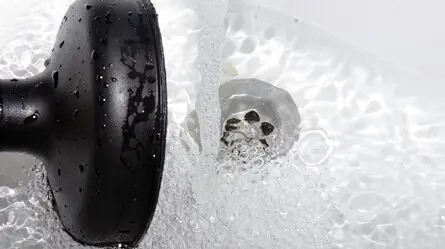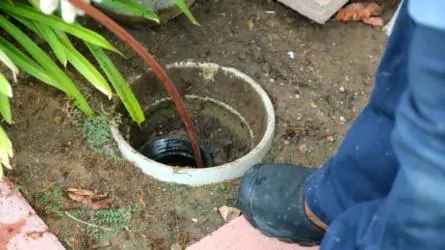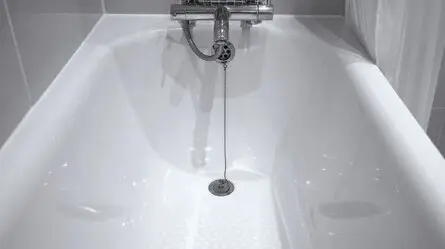Most people ignore the plumbing system because it largely remains out of sight.
Your home might look lovely, but a clogged drain can really disrupt things and even lower its value. Small blockages can grow into major issues, potentially causing leaks or burst pipes, which might mean costly renovations.
Plus, you wouldn’t want the peaceful atmosphere at home ruined by the smell of stagnant waste in the pipelines. To live a healthy life, ensure you know the common causes of a clogged drain for a quick fix.
Here are the most common causes of blocked drains and some tips on addressing them.
Common Causes Of Clogged Drains
To help you unclog a drain quickly, we have listed down the common causes of a blocked drain:
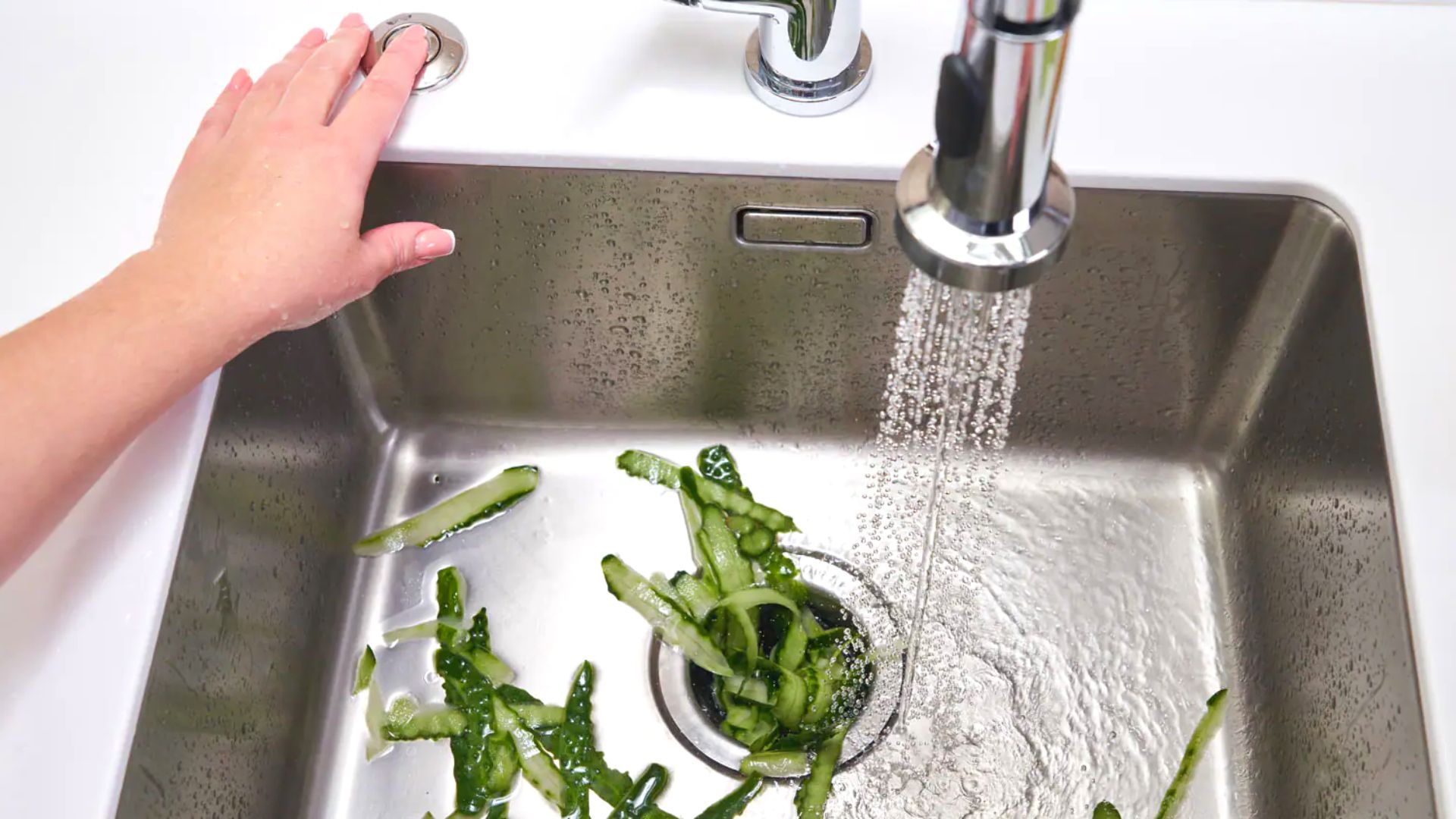
1. Tree Roots
If the area around your home has sufficient vegetation, you may encounter some wildlife. At the same time, tree roots might invade the pipelines, especially in older homes.
You can usually find a tree root invasion when the underground pipes emit a gurgling sound. Roots attract moisture, and sewer pipes or drains are an accessible water source for most trees. Tree roots proliferate inside pipes, obstructing water flow and damaging pipes. You will often notice low water pressure or slow drains.
Living in a wooded area? It’s wise to schedule a video inspection of your drains every few years. Trust me, catching issues early is far cheaper than dealing with major repairs later.
2. Tissue And Toilet Paper
Toilet paper is one of the significant contributors to blocked drains in Australia, but the bigger problem is safely disposing of sanitary products, like flushable wipes. Despite being labelled flushable, they don’t disintegrate and cause pipe blockage, bringing waste disposal to a standstill.
Similarly, too much paper, facial tissues, baby wipes, paper towels, and light cardboard cause drain blockage, exceeding the capacity of the drainage systems to accept these wastes.
Water and human waste should be flushed down your toilet, drain, or sink only. Other foreign objects should be responsibly discarded in the trash, composted, or recycled in the garbage disposal.
Grab a plunger, toilet auger, or reach for a chemical drain cleaner to tackle toilet paper blockages. If water is still sneaking through after you flush, these might do the trick. But for stubborn clogs, it’s best to call in the pros.
3. Hygiene And Baby Products
We found that feminine hygiene products, such as sanitary items and baby products, contain cotton fibres that make them non-biodegradable. It would be best to permanently dispose of them responsibly rather than flushing them down the toilet.
Disposing of these items properly not only promotes hygiene but also helps prevent blockages. Other waste tends to stick to the fibres, creating hard-to-remove clogs.
4. Oil, Grease And Fat
Fat, grease and oil wastes usually cause a blockage in kitchens because people wash their dirty utensils there, causing food waste to get stuck in the pipeline. Food scraps are sticky substances, and once a layer of fat or grease builds up, it grabs hold of other wastes to magnify the clog.
The dustbin is the best place to dispose of leftover food or waste. But we can’t tell you the number of times we found steak trimmings, coffee grounds, tea leaves, vegetable oil, chocolate, cream, and other food waste and small objects inside blocked pipes.
Dishwashing liquid disperses minor oil residue when it enters the drain. Put boiling hot water and dishwashing detergent in your sink drain if you suspect fat residue is blocking it. If you want to try a different natural cleaning remedy, use bicarb soda and vinegar.
5. Hair
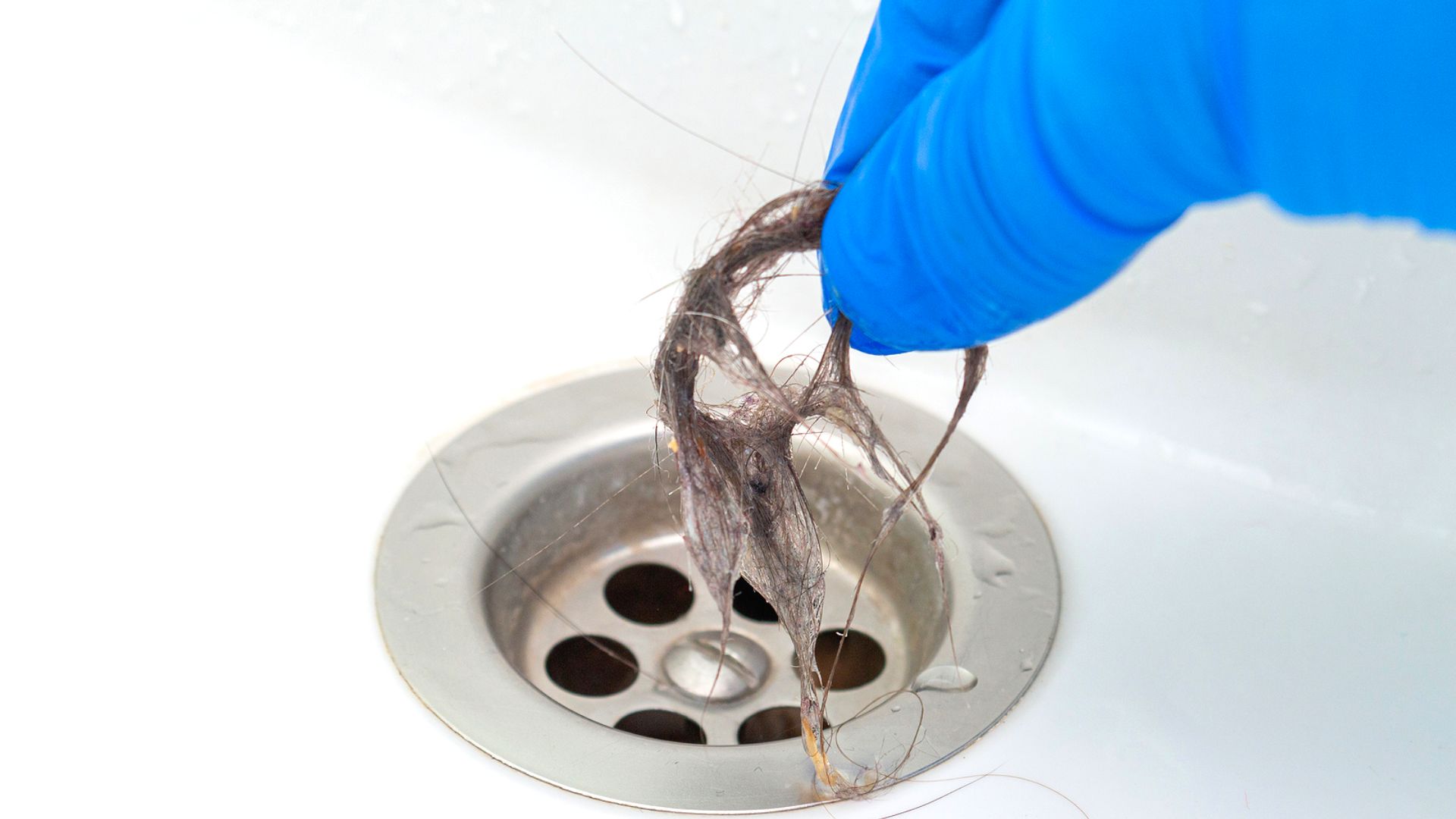
A common substance inside blocked drains is hair in the kitchen sink or the bathroom. While it’s impossible to control hair loss, regularly clearing the sinks and mouth of the drain will keep the water flowing smoothly.
When strands of hair accumulate and tangle together, it sticks to soap scum and other sticky substances, reducing the diameter of the pipes. To remove soap build-up from your lines, switch to soap-free washes and pressure clean them. Usually, using drain cleaners containing sulfuric acid or a drain snake can help you remove tough clogs such as hair blockages, or you could install drain screens on the drain openings. You can also hire a drain cleaning service with a pressure jet cleaning system.
6. Pipe Scale
No matter how much you maintain the pipes, they will deteriorate after several years, mainly due to pipe scaling. This can happen when the mineral content in the water is high, resulting in metallic deposits, like calcium and magnesium, that disrupt normal water flow. Over time, this buildup can weaken pipe walls and even contribute to broken pipes.
In outdoor drains and stormwater drains, similar issues may arise, which is why regular upkeep is essential to prevent blocked drains. We have even found instances where mineral deposition affects the performance of appliances, such as washing machines and dishwashers.
7. Disintegration
With time, pipes will disintegrate, and you’ll have to opt for pipe relining or replace the damaged pipeline to keep the sewage backup and in good condition. This is common in older homes, having concrete, terracotta, or clay pipes, whereby the soil underneath the drainage lines erodes, which causes the pipes to sink.
Pipes can break at the joints or crack if temperatures drop too low. Even modern plastic pipes aren’t immune—shifts in soil structure can still cause wear and tear.
8. Vegetation
We have mentioned how tree roots can find their way into the pipe system, but that’s not the only thing you need to worry about. Sticks, debris, dirt, and leaves can also clog the pipes, making it challenging to detect blockages.
The best thing you can do is keep the yard clean, disposing of wastes in the trash rather than down the sewer drain system that could lead to clogged pipes.
9. Household Objects
Unsurprisingly, household objects like jewellery, dental floss, children’s toys, and other small solid objects get stuck in the pipeline, leading to slow drainage. If the drain clogs deep inside the pipes, you’ll need professional help from an experienced plumber who will inspect the drain with a camera before beginning repairs.
10. Slope
Sometimes, poor installation or the construction of plumbing systems isn’t correct, which leads to drain blockages. This happens when plumbers miscalculate the slope of the sewer line and water pipes, inhibiting the smooth flow of waste.
The standard pitch of all drain pipes should be ¼-inch per foot, allowing gravity to direct the waste away from the house.
11. Overloaded And Undersized Pipes
Concerning construction issues, plumbers often install smaller pipes than needed, increasing the pipeline load. Depending on your needs and the size of the family, you may have to opt for pipes larger than 4 inches in diameter for efficient plumbing supply.
You can tell if the pipeline is overloaded when the septic system becomes stagnant, producing a foul smell. It may even cause the pipes to burst, sometimes leading to leakages.
Common Appliances To Look After
All the appliances and pipes in the drainage system are interconnected, so here are some of the fixtures and appliances that need timely maintenance:
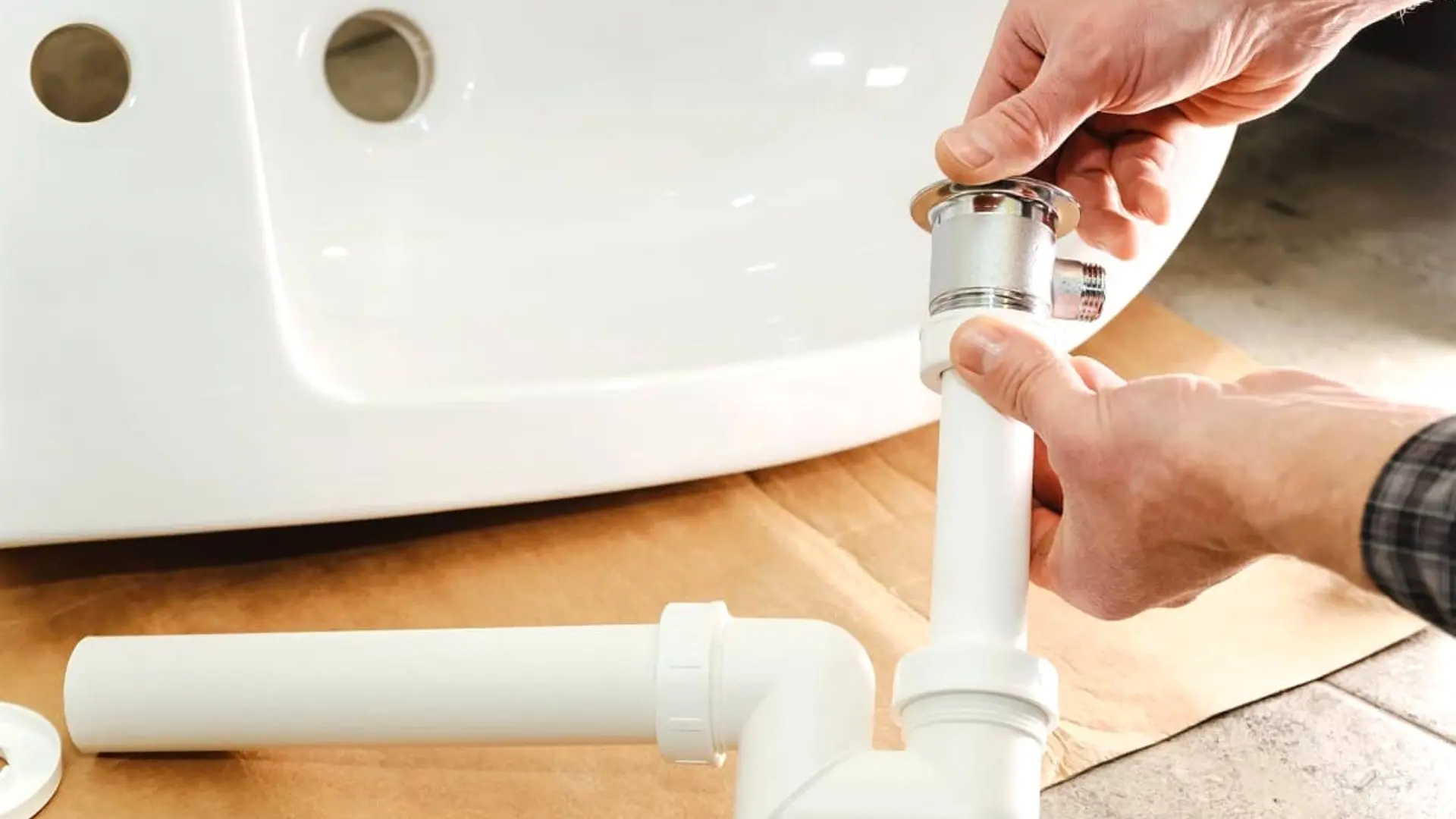
- Kitchen sinks and bathroom sinks.
- Septic tank
- Hot water heater
- Heating and cooling systems
- Appliances like refrigerators, washing machines, and dishwashers
- Sprinkler and irrigation systems
- Bathtub
- Shower
Also, ask a professional plumber to check the pipes’ seals, joints, and couplings, making reinforcements wherever necessary.
Main Causes Of Blocked Drains
You know the significant problem areas if you’re struggling with clogged drains. Clogged drains can result in water leaks, corrosion, slow water drainage, flooding, and even burst pipes if left untreated.
Reading this guide will help you identify the issue. Call a licensed plumber ASAP to restore your water drains and pipes to their former condition. We recommend not making any repairs yourself, as damaging the pipes further is straightforward, leading to additional costs.
However, you can use homegrown techniques, like pouring boiling water or baking soda and vinegar, to free minor clogs and prevent build-up and excess dirt. But remember, this will not help with plumbing issues like tree root growth.
If none of these methods work, you can contact us for any drainage problems. Woolf Plumbing & Gas has cleared blocked drains in Perth City Beach for years, providing businesses and homeowners with prompt and reliable service. So, if you need a quick fix for your plumbing needs and want to avoid costly repairs, contact us today!


